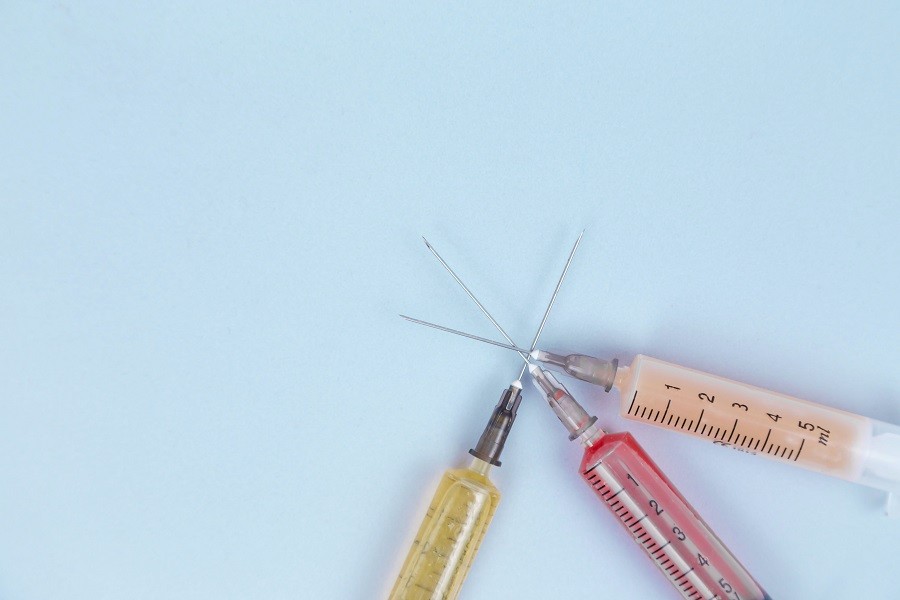A plethora of Covid 19 vaccines have been approved or are in late stage trials and now the challenge is to distribute them as swiftly as possible. At the time of writing, Israel streaks ahead with 53.6 jabs given per 100 people. The UK trails at a respectable 13 and the US is close at 9.7 per 100 people. From here the numbers look less promising, as the rest of the EU5 all remain below the 3.5 range. Even less promising are the numbers in Brazil and India of 0.8 and 0.27 respectively.
However, given the time pressure and logistical challenges inherent in a global inoculation program, there are pockets of hope that engender optimism.
In the UK, recent hospitalisation data, split by age, shows early signs that the vaccine may be taking effect. Apart from ventilator capacity, all UK metrics seem to be trending in the right direction. Any sanguinity must of course be tapered in light of the slower European progress, but this is undoubtedly positive news.
Given the inability of the UK to control the spread of the virus, surprise at the UK’s vaccination success is warranted. The success derives from strong planning, committed financial support and a centralised health service. The UK has also so far avoided vaccine shortages, which has allowed its logistical network to shine.
The European roll out paints a less rosy picture. Vaccine supply issues have thus far stymied the EU inoculation programme.
Scarcity of the Pfizer vaccine dogged Italian and Spanish progress in January and supplies are only recently starting to resume. Supply of the Moderna vaccine took another blow on the final weekend of January as the developer announced a c.20% cut to supplies bound for Italy and France in February.
However, the most significant problems stemmed from the AstraZeneca vaccine supply. Late last month the EU was warned of significant shortfalls of the Anglo-Swedish vaccine. Expectations of 100m doses in Q1 were dampened dramatically by news that the number may be under half that. The problems arose from lower-than-expected production within the European supply chain, however, AstraZeneca assured, UK supplies of the jab would not be affected.
This disparity in supply eventually led the EU to invoke Article 16 of the Northern Ireland protocol, which risked the instatement of a hard border on the Island in an effort to control vaccine supplies. Whilst this decision was swiftly reversed by an embarrassed Ursula von der Leyen, it does accentuate one of the biggest risks to the vaccine roll out success: vaccine nationalism.
The roll out in the UK, US and Israel cannot be viewed in a vacuum. If the recent, more virulent strains of Covid 19 have taught us anything, it is that in a globalised world it is all but impossible to stop the virus spreading across borders.
The ‘vaccine hoarding’ of developed nations does present a real issue. Even though rich nations make up just 14% of the world population, they have bought 53% of the world’s most promising vaccines so far.
The vaccine roll-out, if done properly, presents a tangible exit from nearly a year of global sequestration. The development and approval of the AstraZeneca/Oxford jab and more recently, the Johnson & Johnson (J&J) version, provides a solution to the logistical problems faced in developing nations. The AstraZeneca vaccine only requires fridge temperatures, making distribution simpler and less expensive. The single-shot J&J version will also provide a more manageable route to developed nation inoculation, as organising a second jab increases logistical complexity. Sadly, all this progress could be undone if developed nations fail to share.
Even if the hoarding subsides, new variants present another stumbling block. Data released from the Phase 2b data from the Novavax trials shows significantly reduced efficacy against the ‘South African’ and ‘UK’ variants. Efficacy of 95.6% against the original strain is reduced to 85.6% and 60.1% for the UK and South African variants respectively.
These revelations portend a darker view for 2021 and could see this drag on for substantially longer than currently expected. It goes without saying that the aforementioned vaccine nationalism will only compound this problem.
So, whilst there is some cause for optimism, significant hurdles remain. We cannot stop the virus attenuating new strains and so all we can do is prepare as best we can. Some vaccines will still work against new variants and more vaccines are being developed.
There is something governments can do immediately though; they must learn to share.
Henry Birt, Research Assistant




